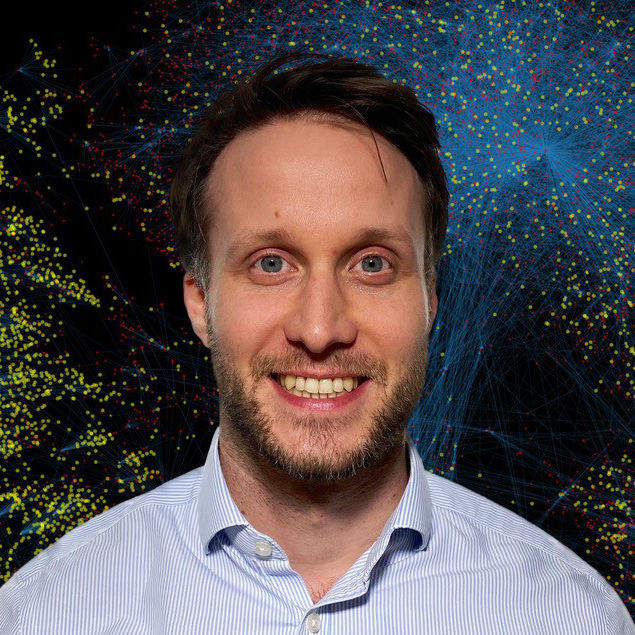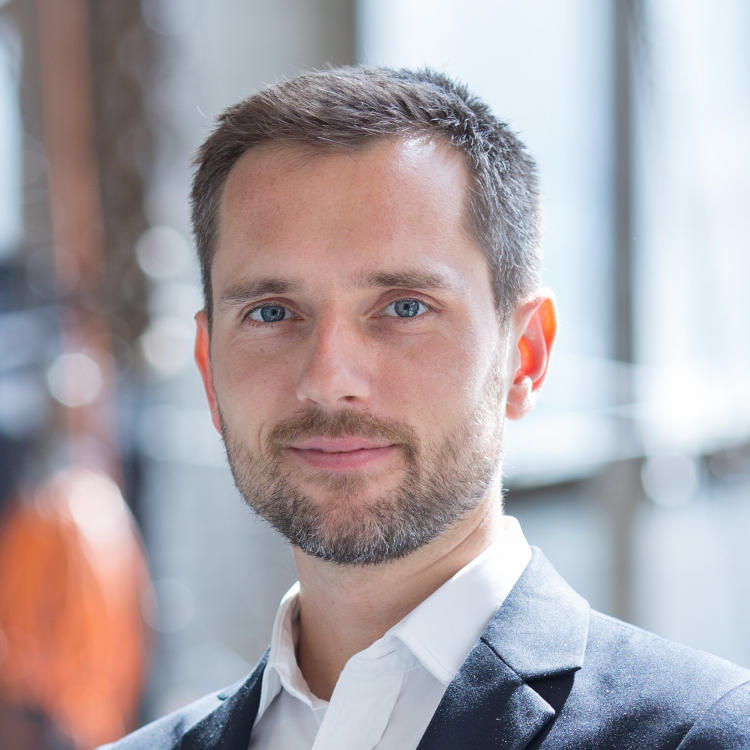Lucy
Product Manager, Drone Solutions
Key qualifications: BA Hons in Business Management
What does your job involve? When launching a new product, there are many ‘touchpoints’ which it needs to go through to get to the end customer; my role is to define the entire product journey from start to finish, and work with various internal or external stakeholders to achieve it and make the product ‘sellable’. As I tend to work with many internal or external stakeholders, I get great exposure across the business, but my day-to-day tends to vary. I often focus on the commercial aspects of product management as I work with a few colleagues that have a great technical understanding, however some of my remits include; defining the overall product strategy, managing pricing and budgets, respond to opportunity submissions, standardising agreements with procurement and legal, designing creative assets with marketing and creating new product processes with the rest of the business.
How did you get into your current role? I worked in a previous technology company after I graduated from university, I knew I wanted to be in product management & marketing so I joined a mentorship scheme to prepare me for an entry – level product management role. From there onwards I have focused on my career progression by getting ‘stuck in’ and finding my own opportunities which even also involved me working in New Zealand before I joined BT in 2019!
What did you want to be when you were younger? I love horses, so I wanted to be a professional equestrian. By the time I was a teenager, I decided that I wanted a career in business (in economics, accounting or marketing). It wasn’t until a-levels and university that I fully understood the remit of business, and decided to follow a career in product management.
What do you do outside work? Pre-COVID-19 I travelled often and I love exploring new places and cultures, I like to go horse – riding and took up Thai boxing at one point. I recently moved so a lot of my time involves redecorating which is great whilst we are in lockdown!













